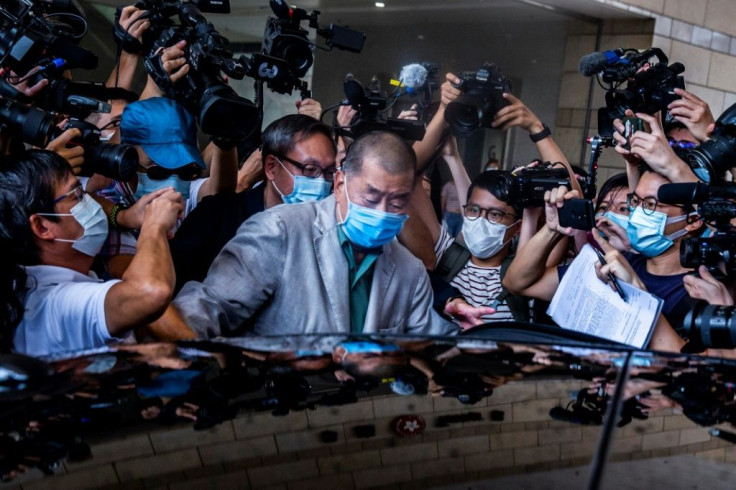China's Security Law A 'Serious Risk' To Hong Kong's Freedoms: UN Experts
China's national security law for Hong Kong poses a serious risk to the city's freedoms and breaches international legal obligations, UN special rapporteurs on human rights have warned.
Beijing has faced a groundswell of criticism over the law, which was imposed in late June after pro-democracy protests rocked the semi-autonomous city last year.
The law, which criminalises secession, subversion, terrorism and colluding with foreign forces, has intimidated and silenced many protesters.
In the letter made public Friday the UN advisors warned parts of the legislation "appear to criminalise freedom of expression or any form of criticism" of China.

"The National Security Law... poses a serious risk that those fundamental freedoms and due process protections may be infringed upon," the rapporteurs said.
The letter warned the legislation may "impinge impermissibly on the rights to freedom of opinion, expression and of peaceful assembly."
It called for a fully independent reviewer of the law to be appointed to make sure it complies with China's human rights obligations.
Critics believe the security law has ended the key liberties and autonomy that Beijing promised Hong Kong could keep after its 1997 handover by Britain.
The broadly worded law criminalised certain political speech overnight, such as advocating sanctions, and greater autonomy or independence for Hong Kong.
© Copyright AFP {{Year}}. All rights reserved.





















